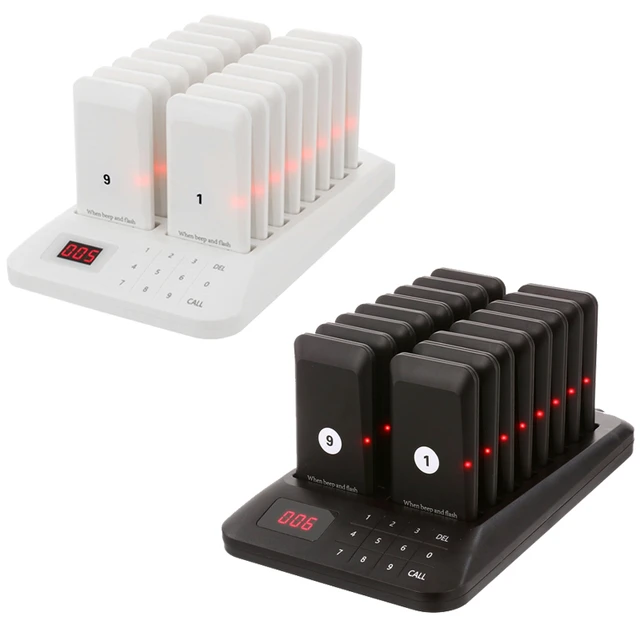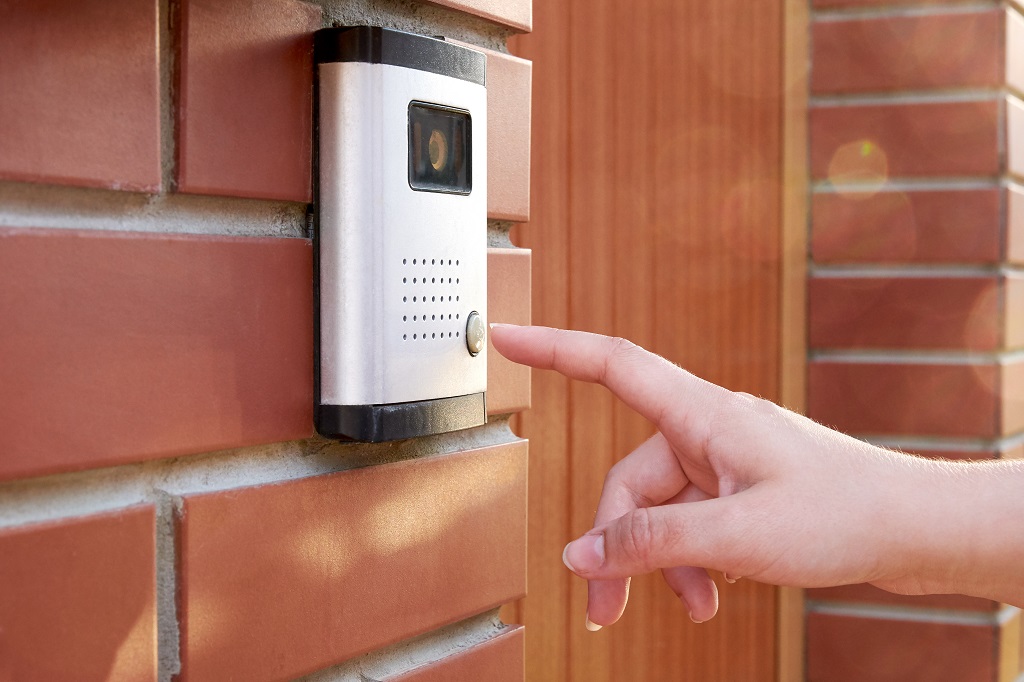In a world brimming with wires, cables, and endless knots, there’s a shining beacon of hope – Wireless Buzzer Systems! Imagine a life where you’re not tethered to your doorbell, constantly worrying about the cords. 🤯 Welcome to the future of convenience, security, and peace of mind! Let’s dive into why wireless buzzer systems are the bee’s knees. 🐝
Wireless buzzer systems are popular tools used in various applications, from quiz shows and trivia games to classroom activities and corporate events. These systems consist of wireless buzzers and a central unit (receiver) that controls the game. Participants use the wireless buzzers to signal their readiness to answer questions or participate in activities. Here’s an overview of wireless buzzer systems:
Components of a Wireless Buzzer System:
- Wireless Buzzers: These handheld devices are used by participants to buzz in when they have an answer or want to participate. Each buzzer typically has a button or trigger that participants press to signal their intent.
- Receiver/Base Unit: The receiver or base unit is the central control hub of the system. It connects to a display or computer and receives signals from the wireless buzzers. It is responsible for registering and displaying the participants’ responses.
- Display or Computer Interface: In many cases, a display or computer interface is used to show the participants’ scores, track their responses, and manage the game. Some systems come with dedicated software to facilitate this.
Key Features of Wireless Buzzer Systems:
- Wireless Connectivity: Wireless buzzers communicate with the base unit via radio frequency (RF) or infrared (IR) signals, eliminating the need for physical cables and allowing participants to move freely.
- Quick Response Time: Modern wireless buzzer systems are designed for minimal delay between the buzzer press and the response being registered on the base unit, ensuring fairness in competitive environments.
- Multiple Channels: Some systems allow for multiple channels or teams, making them suitable for multiplayer games or quiz competitions.
- Scorekeeping: The base unit often keeps track of participants’ scores, making it easy to determine winners and display results.
- Customization: Depending on the system, you may be able to customize the sounds, lights, and display options to suit your specific needs and preferences.
Applications of Wireless Buzzer Systems:

- Quiz Shows: Wireless buzzer systems are commonly used in TV quiz shows and trivia games to add excitement and interactivity.
- Classroom Engagement: Teachers can use these systems to make lessons more engaging and interactive by incorporating quizzes and educational games.
- Corporate Training: In training sessions and team-building exercises, wireless buzzers can be used to facilitate interactive activities and quizzes.
- Events and Parties: Hosting game nights, parties, or family gatherings can be more fun with wireless buzzer systems that add a competitive edge.
- Conferences and Seminars: Conference organizers may use these systems for interactive presentations and Q&A sessions.
- Team-Building Activities: Companies often use wireless buzzer systems in team-building activities to encourage collaboration and competition among employees.

Cutting the Cord: A Wire-Free Revolution 📡
1. Simple Installation, Zero Hassles 🙌
Gone are the days of summoning an electrician to snake wires through your walls. 🏡 Wireless buzzer systems are a DIY dream! With a few simple steps, you can have your buzzer up and running. No more fussing with complicated setups. Just connect, sync, and you’re ready to roll!
2. Anywhere, Anytime Access 🌐
Picture this: You’re on vacation, sipping a piña colada on a beach. Suddenly, your doorbell rings. But here’s the kicker – you answer it from your phone! Wireless buzzer systems allow you to remotely greet visitors, granting access with a tap of your screen. Be the master of your domain, even from afar. 🌟
3. No More Power Struggles ⚡
Traditional doorbells have a knack for dying at the most inconvenient times. Not anymore! Wireless buzzer systems often come equipped with rechargeable batteries or solar panels. Say goodbye to frantic battery hunts during important meetings or movie nights! 🔋
Now, let’s see how wireless buzzer systems stack up against their wired counterparts:
| Feature | Wireless Buzzer Systems | Wired Buzzer Systems |
|---|---|---|
| Installation | DIY, hassle-free | Requires professional help |
| Remote Access | Control via smartphone or PC | Limited to physical location |
| Power Source | Battery or solar-powered | Hardwired to electrical grid |
| Maintenance | Low-maintenance, long-lasting | Prone to wear and tear |
The Freedom to Choose 🤔
The verdict? Wireless buzzer systems are like a breath of fresh air for your home or office security. Say goodbye to tangled wires and hello to hassle-free convenience! 🌬️ But remember, the right choice depends on your specific needs. Some folks might still prefer the reliability of wired systems, while others crave the flexibility of wireless technology.
As you weigh your options, consider factors like installation ease, remote access, and your power preferences. Ultimately, both systems have their merits, but wireless buzzer systems are undeniably a game-changer in the world of security.
🎉 Fun Fact, Stories, and FAQs 🙋♀️
Fun Fact: The world’s first doorbell was invented in 1831 by Joseph Henry. It was a far cry from today’s wireless marvels!
Story Time: Sarah, a busy mom, once saved her day with a wireless buzzer system. Her kids locked themselves out, but she buzzed them in from her office, avoiding a major meltdown!
FAQs:
- Do wireless buzzer systems work during power outages? Most do, thanks to built-in batteries or solar panels.
- Can I install a wireless buzzer system on my own? Absolutely! They’re designed for easy DIY installation.
- Are wireless buzzer systems secure? Yes, they use encryption and security protocols to protect your home or office.
There you have it, folks – the lowdown on wireless buzzer systems. Say goodbye to cords and embrace the freedom of wireless technology! 🚪📱✨
Originally posted 2023-04-13 13:46:02.
